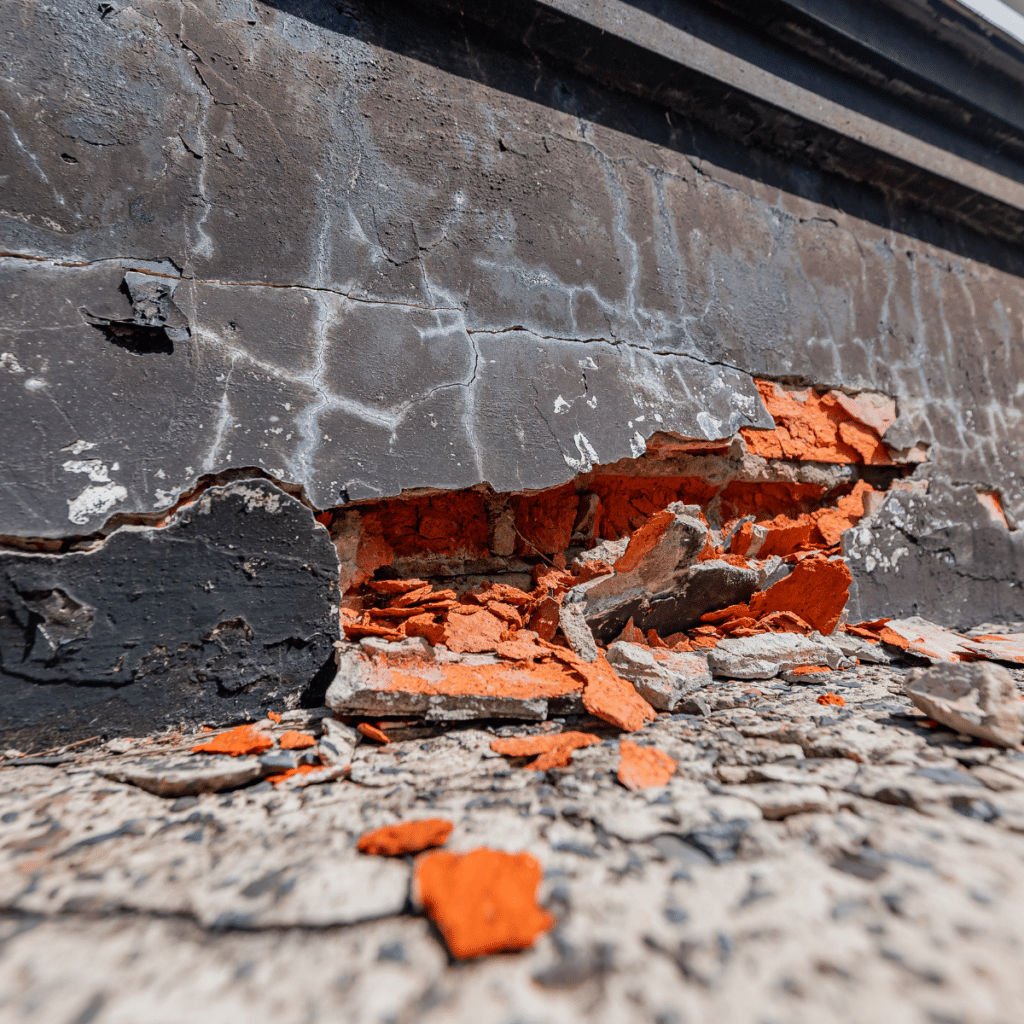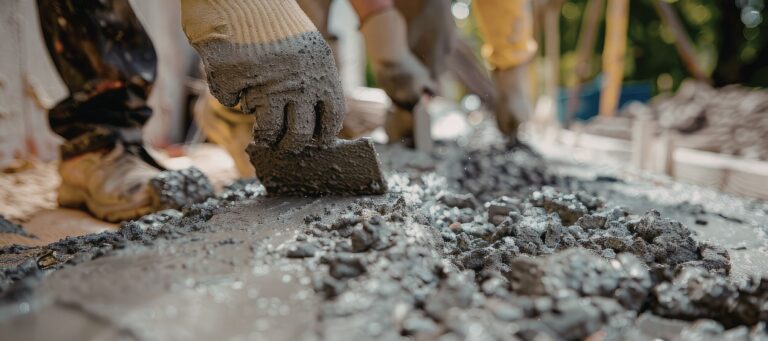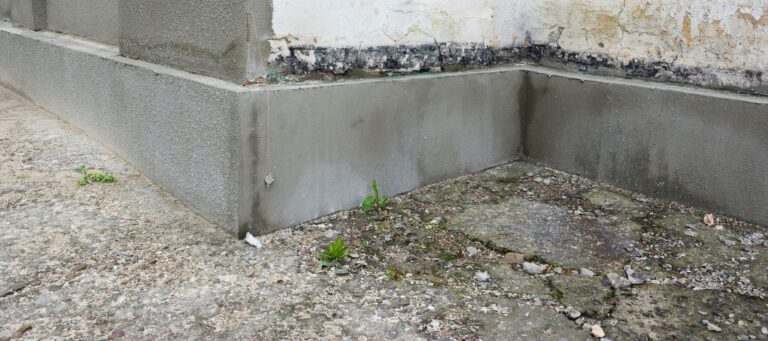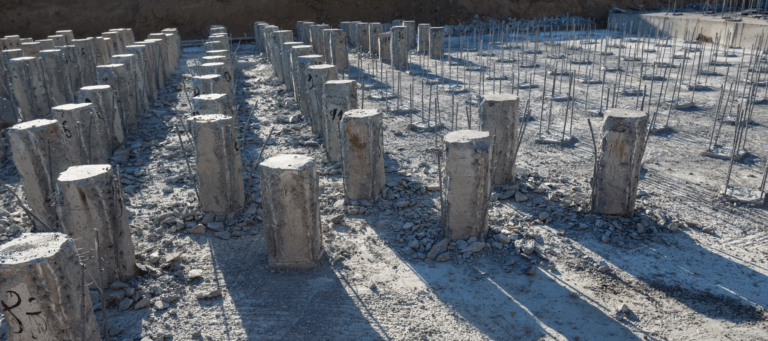House Settling 101: Causes, Signs And Solutions
Your house is your sanctuary, but over time, you might notice cracks in the walls, uneven floors or doors that don’t close properly. These are often signs of settling — a natural process where your home adjusts to the soil beneath it. While some settling is normal, excessive movement can lead to structural issues.
At G.L. Hunt, we specialize in identifying and addressing foundation problems caused by settling, helping you protect your home and its value. Let’s dive into what causes houses to settle, how much is normal and what you can do about it.
What Causes A House To Settle?
Settling occurs when the ground beneath your home shifts or compacts. Several factors contribute to this process. Understanding these causes helps homeowners identify potential risks and take preventive measures.
Soil Composition And Movement
Clay-rich soil, common in Texas, swells with moisture and shrinks during droughts, causing foundations to shift. However, sandy soils can erode, creating voids under the foundation.
Weather Conditions
Droughts dry out the soil, while heavy rains or flooding can wash it away, leading to uneven support for your foundation.
Construction Practices
If the soil isn’t adequately compacted during construction, it can compress over time, causing premature settling.
Tree Roots and Vegetation
Nearby trees and plants absorb water from the soil. This can result in the ground shrinking or shifting.
How Much Settling Is Normal In A House?
Most homes experience minor settling during their first few years after construction. Signs of normal settling include:
- Small, hairline cracks in walls or ceilings
- Slightly uneven floors
- Minimal gaps between walls and floors
However, when settling becomes excessive, it’s a sign of a larger problem. Warning signs include:
- Cracks wider than 1/4 inch
- Doors or windows that stick or won’t close
- Significant gaps between walls and baseboards
- Noticeable sloping or sagging floors
If you’re unsure whether your home’s settling is normal, a professional foundation inspection can provide clarity.

Do All Houses Settle?
Yes, all homes experience some degree of settling, regardless of age or location. The extent of settling depends on several factors:
- Foundation type — Homes with slab foundations may settle differently than those with crawl spaces or basements.
- Soil and climate — Regions with expansive clay soils, like Texas, are more prone to significant settling due to soil movement caused by moisture changes.
- Maintenance — Poor drainage or inadequate foundation care can exacerbate settling issues.
Being proactive about maintenance can help minimize the effects of settling over time.
What Can You Do About Settling?
If you notice signs of settling, here’s what you can do:
- Schedule a professional inspection — A foundation expert can assess the severity of the issue and recommend solutions.
- Consider foundation repairs — Techniques like soil stabilization or pier installation can help stabilize your home and prevent further settling.
- Improve drainage around your home — Ensure gutters and downspouts usher water away from your foundation to prevent soil erosion.
Acting quickly can save you time, stress and money while protecting your home’s value.
Trust G.L. Hunt For Foundation Repairs
At G.L. Hunt, we’ve built our reputation on providing effective, long-lasting solutions for foundation issues. With decades of experience, our team understands the unique challenges of Texas soils and climate.
Whether your home has minor settling or significant foundation damage, we’ll work with you to ensure your home is safe, stable and secure. Contact us today to schedule a consultation and safeguard your home for years to come.









